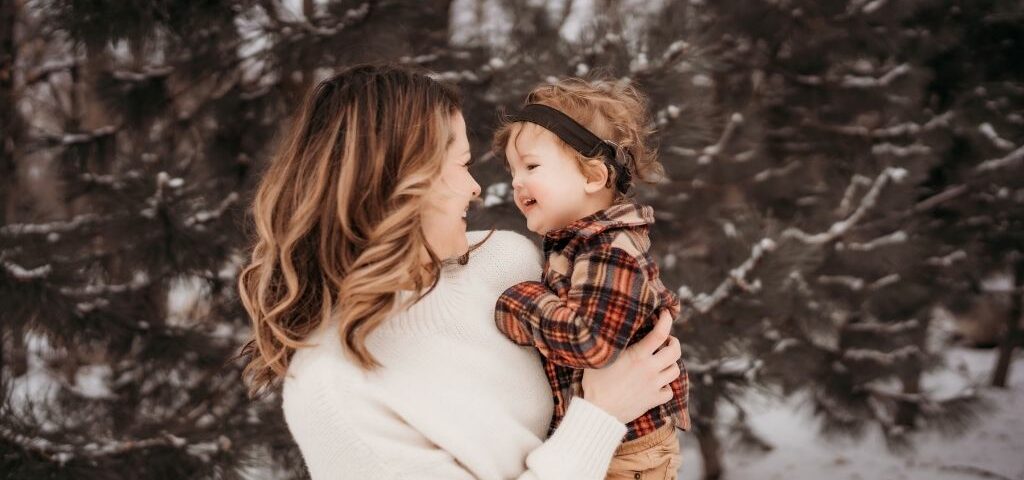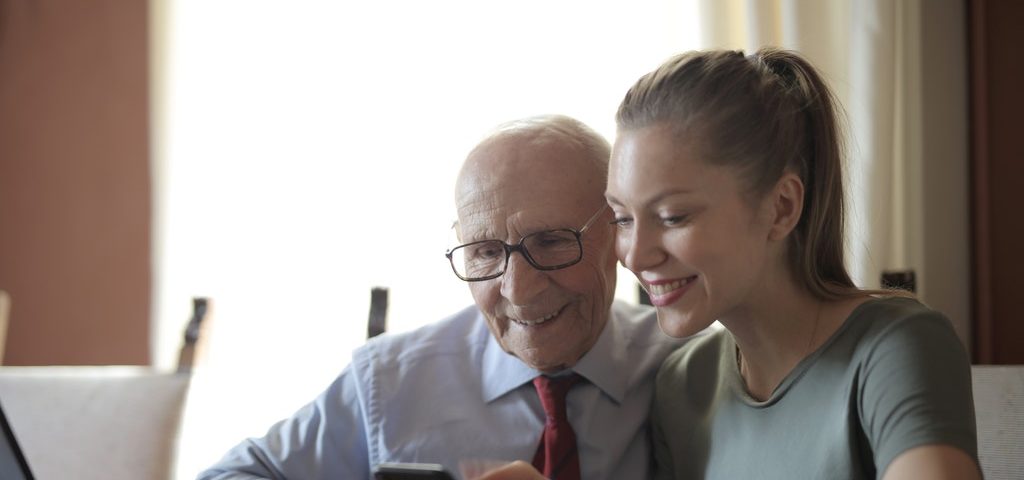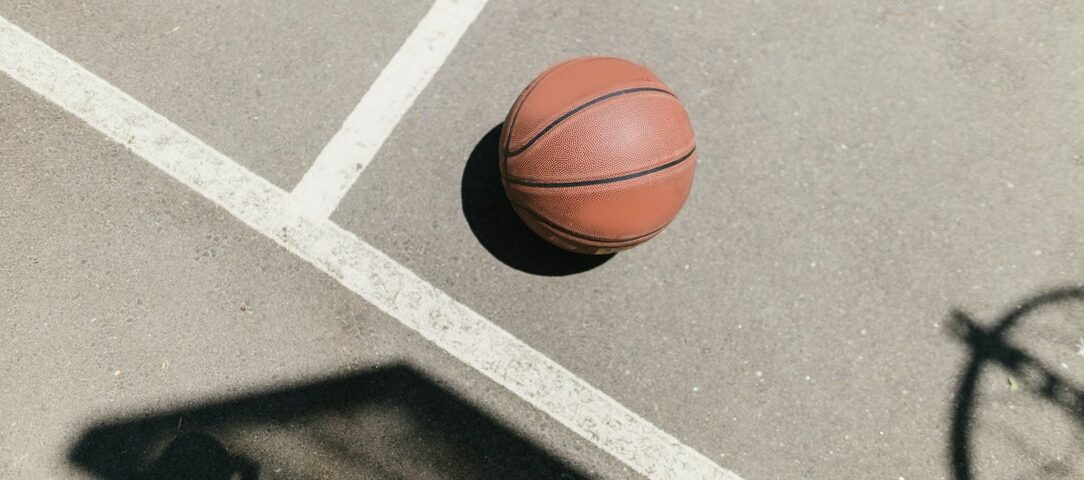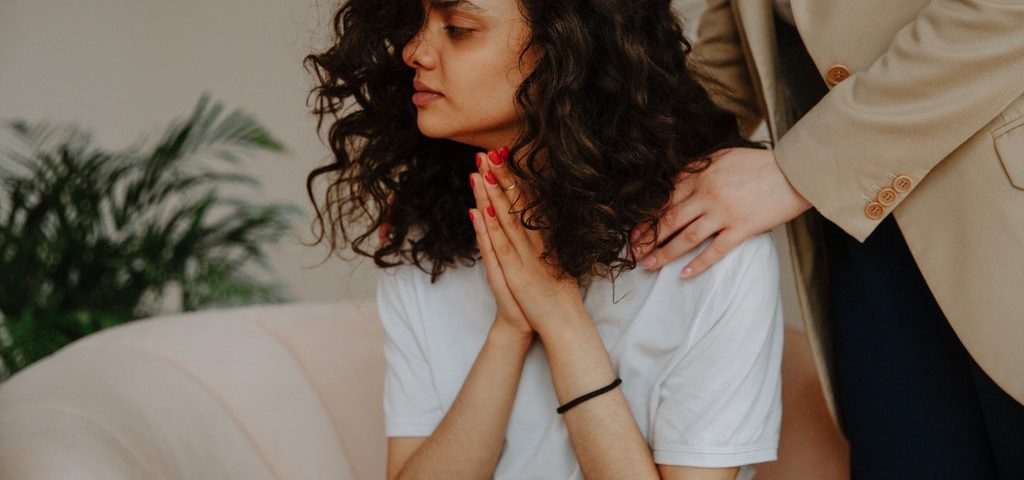
How to overcome the urge to compare your deaf child to others
We’ve all heard the saying, “Comparison is the thief of joy.” But as a parent — especially as a parent of a deaf child — comparison is hard to avoid.
As parents to a child with cochlear implants, my husband and I are at the point in our journey where comparison is starting to become apparent in day-to-day life. We’ve spent so much time in our little bubble in the past few years due to COVID. Now that things are opening up and Cooper is getting older, we see more kids his age. I’d be lying if I said that’s it’s easy to focus on Cooper’s journey and his alone. It isn’t easy. I often find myself listening to kids his age speak, even hold conversations, and there’s a pang in my heart. Don’t get me wrong, I wouldn’t change our journey for the world. But that doesn’t mean it isn’t hard at points.
So, how do you acknowledge comparison without letting it dictate and affect daily life? Here’s what I’ve found helpful.
1. Remember Where You Started
I know personally, I get so focused on the now that I tend to forget where we began and how far we’ve come. Progress and learning happen gradually. But when you look back over an extended period of time, it’s pretty amazing how much can change. Early on in this journey, I got so excited when Cooper turned to a sound or tried to mimic something. Now, thanks to his cochlear implants, he locates sound with crazy accuracy and mimics full sentences. When I look at past milestones and then the milestones we are at now, it really puts things in perspective.
2. Remind Yourself That It Isn’t a Race
We are so programmed to compare and be competitive, even when we don’t realize it. Social media has only perpetuated this. People are always sharing their child’s accomplishments, as they should. But taking all that in as a parent of a child on a different path – like a child with cochlear implants – can be overwhelming. It’s so easy to see another child around the same age as yours, speaking in full, clear sentences. Without consciously doing it, you begin to compare where that child is to where your deaf child is. It’s a draining cycle that can feel impossible to avoid.
In these moments, I have to remind myself that our path is a different one. That doesn’t make it less than, and it doesn’t make us behind. We just are where we are. And not only that, we get to celebrate so many little milestones that other families may not think about on a daily basis. I love those little magical moment. They truly do make me grateful that we get to walk this path.
3. Hold Onto the Moments That Make You Proud of Your Deaf Child
Like most things in life, it can be hard to focus on the positive when your attention is being pulled in so many directions. But, day-to-day, there are so many moments to be proud of your deaf child. If you have a hard time referring back to these in the hard moments, keep a literal running list or re-watch a video in which your child did something incredible. I like to refer to past videos in my camera roll, ones where Cooper really surprised me and my excitement in that moment shines through. It’s almost contagious and reminds me to put things in perspective. There are always moments like this. You just have to remember to look for them.
4. Realize It’s OK to Say No
I know, I know. This is hard. But if you know you are likely walking into a situation where you will find yourself comparing your child to others, it’s okay to say no. That’s not to say you should always avoid those situations. That isn’t a healthy approach either. But if it’s already been a hard week, or there is a particular reason you feel your mental well-being may be affected, it’s okay to not go to certain events. It’s good to be conscious of your own mental health because the way you are feeling can easily translate to your child. When it comes down to it, saying no is perfectly healthy at points.
5. Talk to Another Parent of a Deaf Child
There is nothing that can replace simply feeling validated and understood. In our case, it’s always helpful to talk to another hearing parent of a deaf child with cochlear implants because they are walking the same path. Even if they don’t have a solution to offer, they provide solidarity and support. Knowing that another person is experiencing the same difficulties and emotions as they watch their own child develop always makes me feel less alone. Not only that, but it’s reassuring to know that Cooper will also have people to lean on as he grows up. Making those connections with other families on the same road is vital.
All in all, it’s hard to be a parent of a child who isn’t “typical.” It’s impossible to avoid comparison, which is why learning to cope with it and redirect your thinking is critical. At the end of the day, what matters is that you are doing everything in your power to allow your deaf child to thrive and progress.







